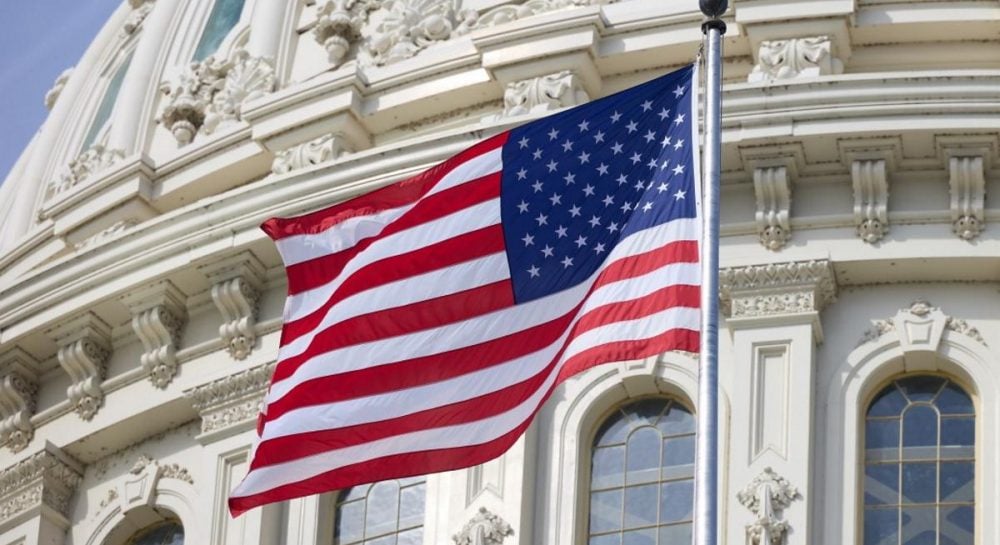The tragedy of the financial crisis was that not enough of the poor performers were weeded out. Politicians and central bankers intervened. What may well have been a necessity in 2008 cannot still be so in 2022. And yet it is only in recent months that discussions about finally bringing quantitative easing to an end have begun in earnest.
Which, ultimately, was the more damaging: the sickness or the cure? Unfortunately we appear to have collectively learnt the wrong lesson from this episode. The fault lies not in the markets but in our attempts to control them. And yet politicians of all stripes are reaching for increasingly interventionist policies.
A recent leader column of The Economist put it well: the state went from being the owner of many companies in the post-War era to the umpire overseeing the rules for private companies in the 1980s. Since the financial crisis it has become a backseat driver.
Geopolitical threats in Ukraine and Taiwan have made it harder to argue that globalisation helps spread democracy along with trade. The fact that creaking supply chains are leading to price increases has been taken to show that free trade creates fragilities. Isn’t it a rather good illustration of the benefits globalisation brings when, as is more often the case, things run smoothly?
Let’s have some perspective. The main arc of human progress has been overwhelmingly upwards and driven by science and free trade. There have, of course, been huge hiccups. But these are massively outweighed by the benefits. And yet modern politics seems preoccupied with managing the downside risks even if that means capping the upsides.
There is, however, little sign that most of our politicians have any appetite to discuss such issues, let alone reverse them. Let them argue about cake.





